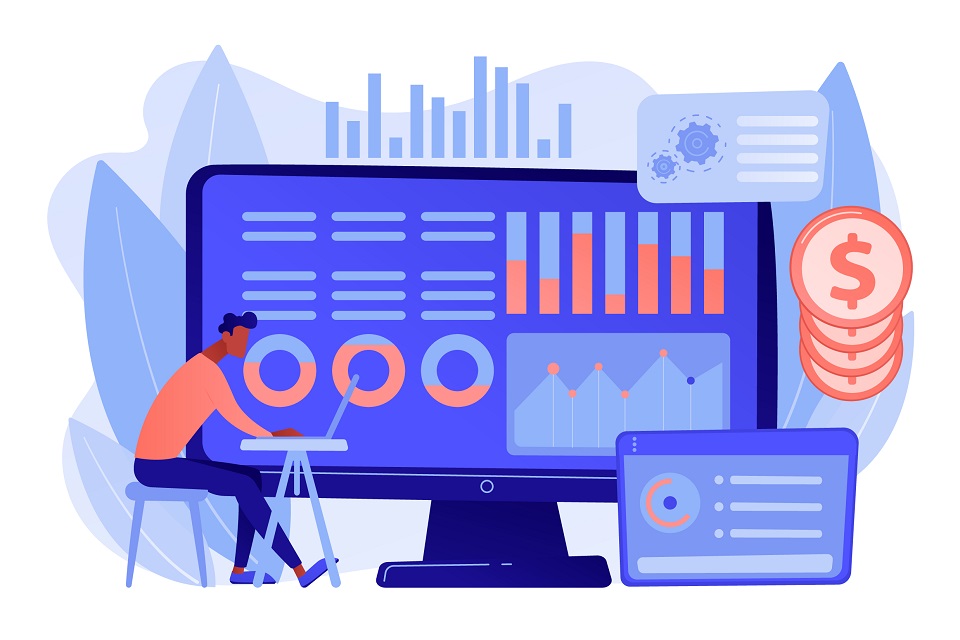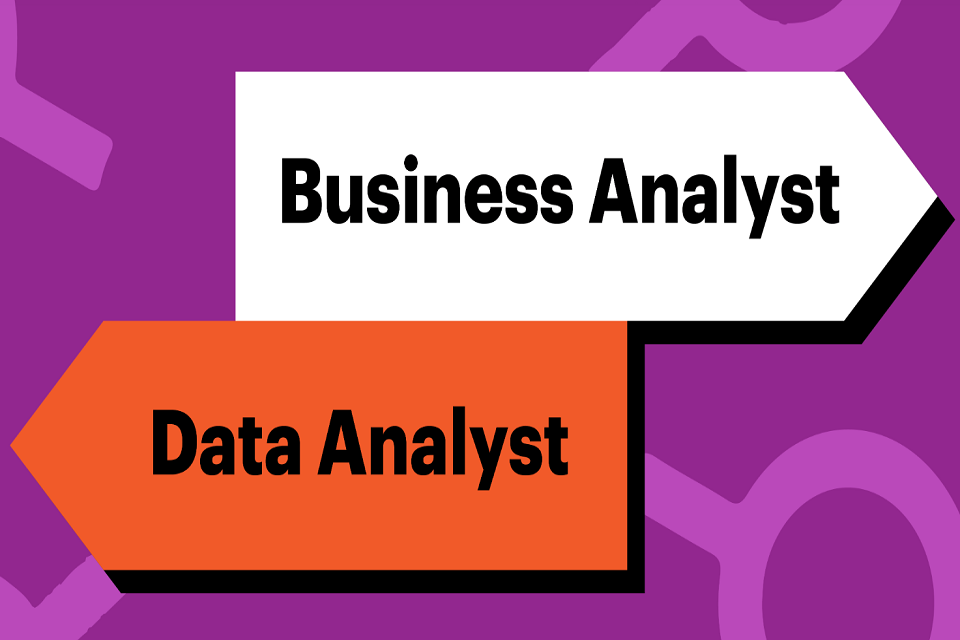In their most basic form, analysts are tasked with conducting research, assessing current data, and reporting their findings. Both business analysts and data analysts are essential to the success of any company, although the two roles are separate from one another. Business analysts are tasked with understanding a company’s business processes and operations, as well as the development of strategies to enhance these processes and operations. On the other side, it is the responsibility of data analysts to analyse the data to gain new insights and contribute to the business’s decision-making process. In this blog, we will compare both domains to help the readers decide on which career they should plan for their future.
Who are Business Analysts and Data Analysts?
Business analysts are in charge of developing business concepts required by the corporation. They take a broad view and decide how the business may streamline its operations, boost profitability, and enhance customer service. Based on data gathered internally from team members and externally from clients, business analysts develop financial models. Data analytics is based on the discipline of sifting meaning out of chaotic information. They mostly deal with the business’s data, which they utilise to find patterns, trends, and insights that will aid the business in making better decisions.

Although the functions of a business analyst and a data analyst are extremely different, both are essential to any company’s success. Data analysts are on the “data” side of the equation, whereas business analysts are on the “strategy” side. Business analysts are crucial to financial operations. A data analyst examines data sets to solve business customer problems and informs management and stakeholders. A data analyst is someone who can use raw data to make business judgements. Data analysts organise sales, marketing, research, logistics, linguistics, and other data. Technical knowledge ensures data accuracy and quality.
Softwares used by Business Analysts and Data Analysts
A business analyst uses the collaboration platforms Jira and Confluence quite effectively. All business stakeholders can interact with different teams and see the status of their projects by utilising these platforms. Businesses utilise the project management tool Trello to organise tasks and foster teamwork. Google Docs offers business study templates. R or Python is the programming language of choice for data analysts, who also employ tools like Excel, Apache, Spark, Tableau, Power BI, etc.
Skillsets required by Business Analysts and Data Analysts
Every business analyst needs to have effective communication and active negotiation abilities to make decisions that will have an influence on clients. As a data analyst, you must be a skilled communicator to facilitate negotiations. The goal of a business analyst is to provide effective solutions; therefore, having strong analytical abilities can be helpful. Strong statistical skills are essential for data analysts.

Business analysts rely most commonly on structured data. They must be knowledgeable about relational databases. As a data analyst, you will use tools like data analysis software and others to help you evaluate the data, analyse it, and come to conclusions. As a data analyst, you will be in charge of organising and preparing the data, evaluating and studying the data, and producing reports and dashboards; therefore, you must be solution-focused.
Comparatively, the typical income for a data analyst in India can reach up to 14 lakhs per annum, while the salary for a business analyst can reach up to 17 lakhs per annum. These figures are based on salaries in India. Both business and data analysts are essential to the operation of any company. Analysing data is a core competency for both data analysts and business analysts; what they do with that understanding is what differentiates the two roles. You are the only one who can decide which option is best for you!


















